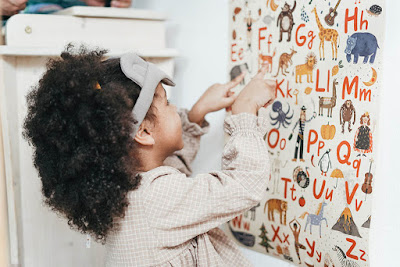
The difference between Montessori daycare and public daycares can be tremendous. Certified Montessori daycares provide children with an organized and child-centric environment that is designed to engage children directly. It is a form of whole-child education that includes everything from fine motor skills to social interaction and academic education.
Montessori and Your Community
Montessori daycares are community schools. Parents are encouraged to take active roles in the Montessori Method, and we appreciate community support through the Arizona School Tax Credit. Your contributions help us achieve goals like funding our music program and providing other school programs. Taxpayers can support the qualified establishment of their choice and are not required to have an attending child to claim the credit. Your community benefits from well-funded educational facilities, and the AZ School Tax Credit allows citizens to make an active difference.The Prepared Environment
The Montessori daycare is tailored around the children. From child-sized furnishings to decorations placed for the convenience of kids, the classroom creates a comfortable place for children to explore and learn. Through a variety of play-based activities, young children learn everything from fine motor skills to interacting peacefully with others. The underlying principle is that children are a blank slate and they will be eager to learn when given the tools to do so in their own way.Focus on Individuals
Observation and guidance are at the heart of Montessori education. Instead of teaching the children the same material at the same pace, Montessori teachers pay close attention to the individual interests and activities, tailoring the early educational process around the child. This keeps children engaged and interested, encouraging them to enjoy the learning process. Self-paced learning also gives children the chance to spend more time on subjects that need more attention and move through areas that are easily grasped.Some research says that children who begin in a Montessori environment have an advantage in kindergarten and beyond because they have already developed a love for learning and mastered the prerequisite skills. The underlying goal is for every child to become an educated and responsible young person.





